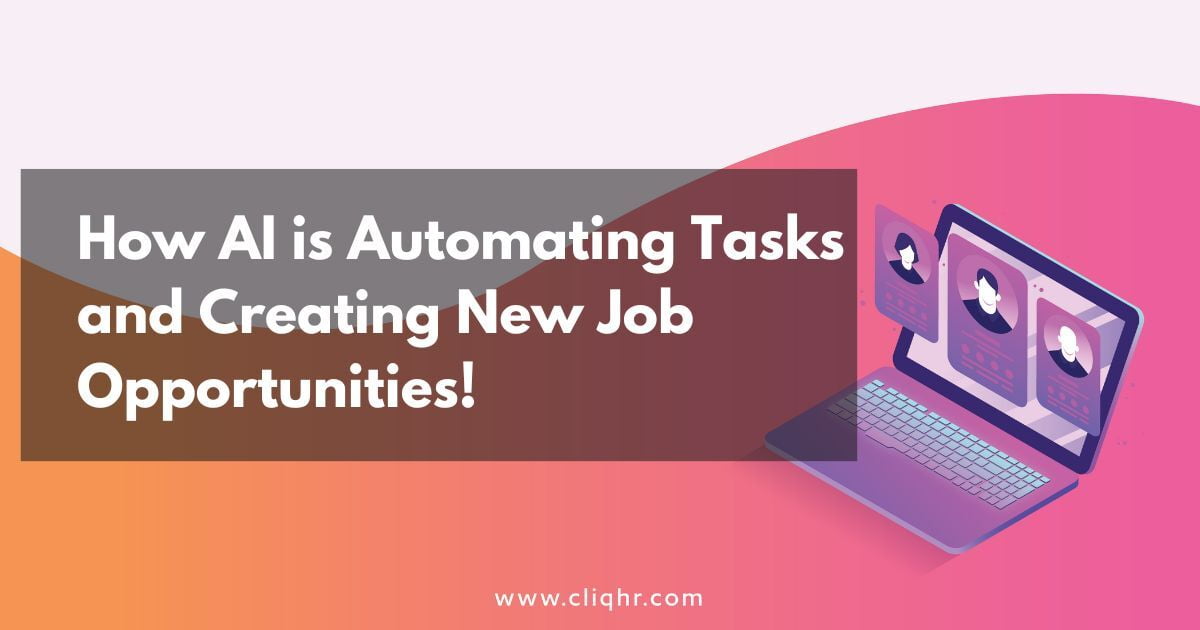
In the ever-evolving landscape of technology, Artificial Intelligence (AI) has emerged as a transformative force, reshaping the way we live and work. While some fear that AI might replace jobs, the reality is that it is also a catalyst for the creation of new and innovative roles. This blog explores the dual impact of AI, examining how it automates certain tasks while simultaneously generating fresh job opportunities.
Automating Routine Tasks:
One of the primary strengths of AI lies in its ability to automate repetitive and routine tasks. From data entry and analysis to customer service interactions, AI systems can perform these tasks with speed and precision, liberating human workers from mundane responsibilities. This not only enhances efficiency but also allows employees to focus on more complex and strategic aspects of their roles.
Job Opportunities in AI Development:
The rapid advancement of AI technology has given rise to a surge in demand for skilled professionals in AI development. Engineers, data scientists, and machine learning specialists are now more critical than ever in creating, maintaining, and improving AI systems. This demand is likely to persist, creating an abundance of opportunities for those with expertise in AI-related fields.
Also read: The Impact of Artificial Intelligence on Diverse Sectors and Job Landscapes
Enhancing Creativity and Innovation:
AI is not just about automation; it's also a powerful tool for enhancing creativity and innovation. For instance, AI algorithms can analyze vast amounts of data to identify patterns, leading to insights that may not be immediately apparent to humans. This creative augmentation opens up new avenues for professionals in fields such as design, marketing, and research, as they leverage AI to make more informed decisions and develop groundbreaking solutions.
The Rise of AI Ethics and Governance:
As AI becomes more prevalent in our society, concerns about ethical use and governance have also escalated. This has given rise to a new breed of professionals specializing in AI ethics, policy-making, and regulation. Companies and governments are actively seeking individuals who can ensure that AI technologies are deployed responsibly, considering the ethical implications and societal impact.
AI in Healthcare:
In the healthcare sector, AI is revolutionizing diagnostics, drug discovery, and personalized medicine. While some routine medical tasks may become automated, the demand for healthcare professionals who can collaborate with AI systems is on the rise. Radiologists working alongside AI image analysis or doctors interpreting AI-generated insights are just a glimpse of the symbiotic relationship between AI and human expertise.
Also read: AI Revolution: Job Displacement and the Imperative of Upskilling
AI's impact on the job market is multifaceted. While it undeniably automates certain tasks, it simultaneously creates a plethora of new opportunities across various industries. The key lies in adapting to this changing landscape, upskilling in relevant areas, and embracing the collaborative potential of humans and AI working together. As we navigate the future, it's essential to recognize that AI isn't just reshaping jobs; it's redefining how we approach work, fostering innovation, and propelling us into a new era of possibilities.
